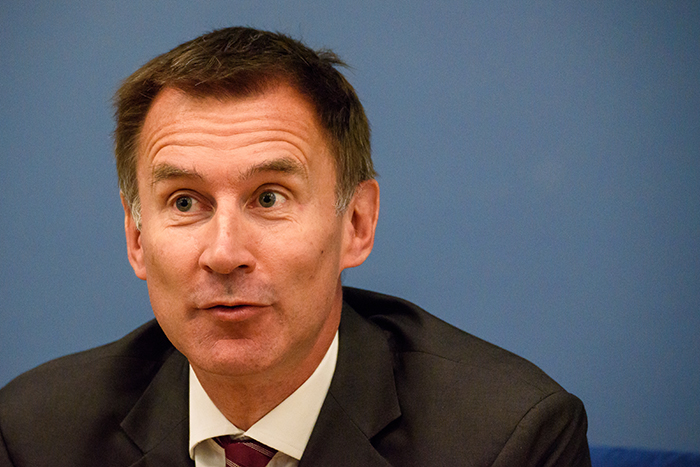
When Chancellor Jeremy Hunt delivers his first full Budget on Wednesday he will attempt to address rising inflation and the cost-of-living crisis — but he also faces calls from the property industry and charities to ease the chronic shortage of homes across the country.
The UK needs to build 4.3 million homes over the coming decades, says the Centre for Cities think tank in a report called ‘The housebuilding crisis’, published at the end of February.
It adds that the government’s ambition to build 300,000 homes a year would take around 50 years to hit that target.
Most observers agree that the economic and social need for new housing demands a quicker response, but the range of calls on the Chancellor are various and costly.
The Home Builders Federation says its members face “an extremely challenging business environment, particularly with regards to the ongoing economic uncertainty, energy crisis and inflationary pressures and an increasingly anti-development planning system and policy regime”.
It says the country needs looser development restrictions and better-resourced local planning authorities.
The body adds that smaller builders should be more closely integrated into local planning, while the UK should move to become “a world leader in greener housing technologies”.
The National Residential Landlords Association says the Treasury must review its treatment of the buy-to-let sector, which it claims has led to 30% of landlords saying they plan to sell down their portfolios.
The group says the government must look again at landlord restrictions on mortgage interest relief, their additional 3% stamp duty levy — and a reduction of capital gains tax thresholds to £6,000 from £12,300 in the Autumn Statement last November, set to come in on 6 April.
NRLA chief executive Ben Beadle said: “From students queuing to view properties, through to benefit claimants who struggle to access homes they can afford, the impact of the supply crisis in the rental market is stark.
“The harsh truth is that the government’s efforts to discourage investment in the sector are working. But punitive taxation alongside record demand for rented housing is a disastrous combination that serves only to hurt renters – it is time to change tack.”
Homeless charity Shelter turns its attention towards tenants saying: “The biggest question is whether the government will finally act to end the three-year freeze on housing benefits which is driving homelessness for private renters?”
It points out that housing benefit has been frozen at 2019 levels since March 2020, while shortages in the supply of homes has seen rents rise.
UK rents hit another record high in February, rising 10% on a year ago and averaging £1,230 per calendar month for a newly let home, according to the latest data from Hamptons.
Shelter adds that 54% of private renters on housing benefits are affected by shortfalls between their rent and the payout that on average sees them face a shortfall of £150 a month.
Former Royal Institution of Chartered Surveyors residential chairman Jeremy Leaf says the Chancellor must “increase the supply of good quality, energy-efficient homes to rent and buy.
“Greater availability of these will keep longer-term rents and prices in check so we don’t want the Chancellor to do anything which may reduce, or compromise, present activity levels.
Leaf adds: “We want to see greater encouragement of aspiring first-time buyers which would reduce the number renewing rental contracts and release much-needed stock, as well as softening rents and improving standards.
“Encouraging downsizing into right-sizing, with higher penalties for leaving land or buildings empty, will ensure we make better use of the accommodation we already have.
“Expediting the council tax revaluation so we’re all paying our fair share with higher charges for second homes used for holiday purposes, would raise additional funds.”
A full inbox for the Chancellor from the property industry.



